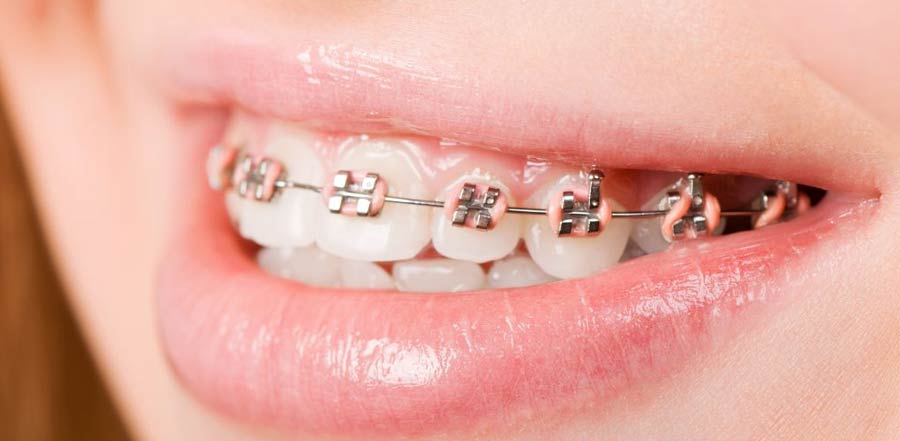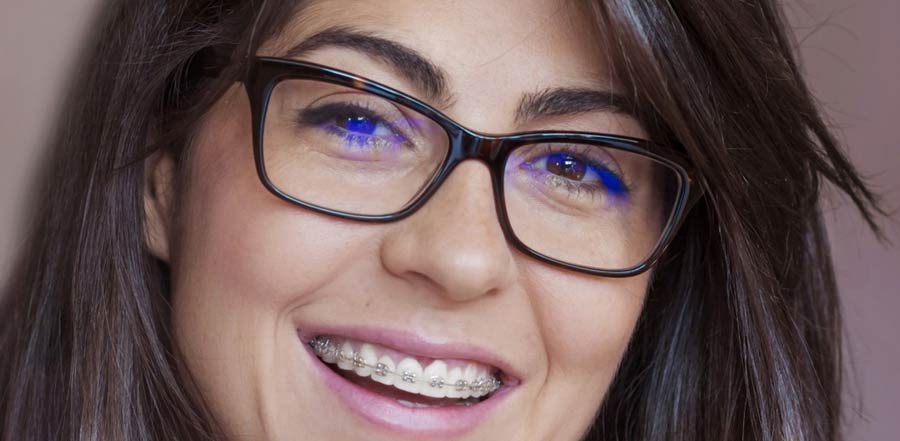Lingual Braces in or near Princeton
Looking for Lingual Braces in Princeton, FL? Dr. Carmen Briceño Crespi of Lakes Orthodontics is a leading provider of braces in the Princeton area. When you are ready to smile with confidence contact us today. Orthodontic Braces is a something that many folks have to assist with adjusting their teeth. Braces can perform a lot more than better your smile, but you you have got to take the time to care for them correctly. There are a number of tips that you need to know about when cleaning your braces; like brushing and flossing.
You must gently wash your braces and your teeth to to make certain that there is not any plaque build-up. To accomplish this, you will have to floss and brush your braces and teeth in the correct way. There are several steps that you should take when doing this. The initial one is to get your braces ready for brushing. To get this done, you have to take off the elastics around the braces as well as the other removable parts. These parts could become broken when you brush and will cause issues.
You will be expected to wash your braces with your brush. You have to hold the toothbrush at a 45-degree angle to be certain that you clean around the wire and pins. You ought to clean all the wire from the bottom to the top and take your time to ensure that you remove all the debris and plaque. It is recommended that you begin with the braces against your upper teeth and then the lower teeth. After you have washed your braces, you need to brush your teeth. Each tooth needs to be washed on it’s on with a circular motion. You have to be careful with the amount of pressure you apply when cleaning your teeth and brush both the inside and outside top of the teeth.
Once each day, you need to floss your teeth. Your dentist will be able to explain to you the best method to floss around the braces which you have. You must keep to these directives and use a flossing product which is created for use with braces. Once you finish flossing, you must rinse your mouth with some water or mouthwash. You have to then inspect your braces and teeth in the mirror to look for spots which you could have missed. If you see any, you will need to clean that area again to be sure that your braces are properly looked after.
Where to Get Lingual Braces in Princeton, Florida?
Throughout the time that you have your braces, you will have to frequently view your dentist. This will help you keep your braces and make certain that fit correctly. Scheduled adjustments is going to be done through the entire time you keep the braces and you might experience a bit of tightness during these periods.
These visits will even give your dentist the chance to check that your braces continue to be in excellent condition. If you notice something strange on the braces, you need to tell the dentist if you visit them. Issues with the braces is sometimes repaired fairly easily should they be caught early and they might not cause you pain. There are many tips that you have to find out about when taking care of your braces. Cleaning your teeth and braces correctly is vital and you have to take time to do this correctly. You should also be truthful with your orthodontist about any issues that you may have. If you would like more information in regards to the Princeton orthodontic treatment offered by Lakes Orthodonitcs visit at our orthodontic braces blog…
Popular Article Related to Lingual Braces in Princeton
Orthodontic Horror Stories!
How you should choose your orthodontist for your Invisalign or braces treatment to avoid being a victim. I have [...]
Pros and Cons of Invisalign and Braces
When deciding what type of corrective hardware is right for you or your child, you will likely have many [...]
Choosing The Best Orthodontist in Miami!
What should I look for in order to pick the best orthodontist for my kid or myself? After you [...]





